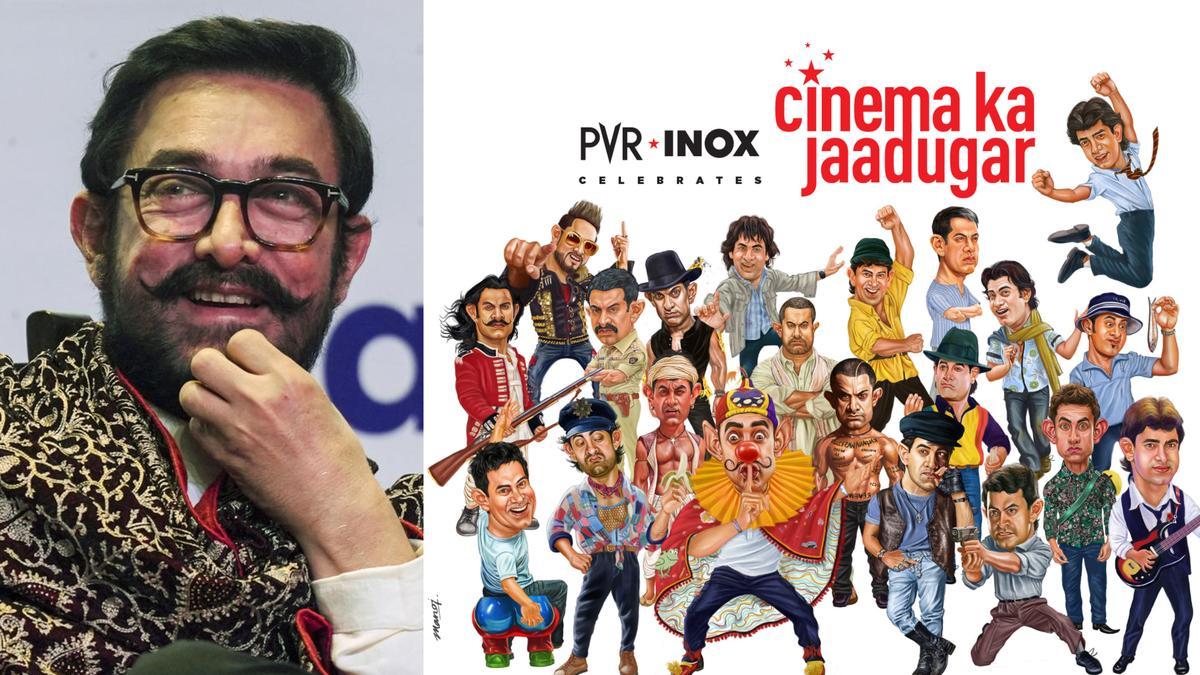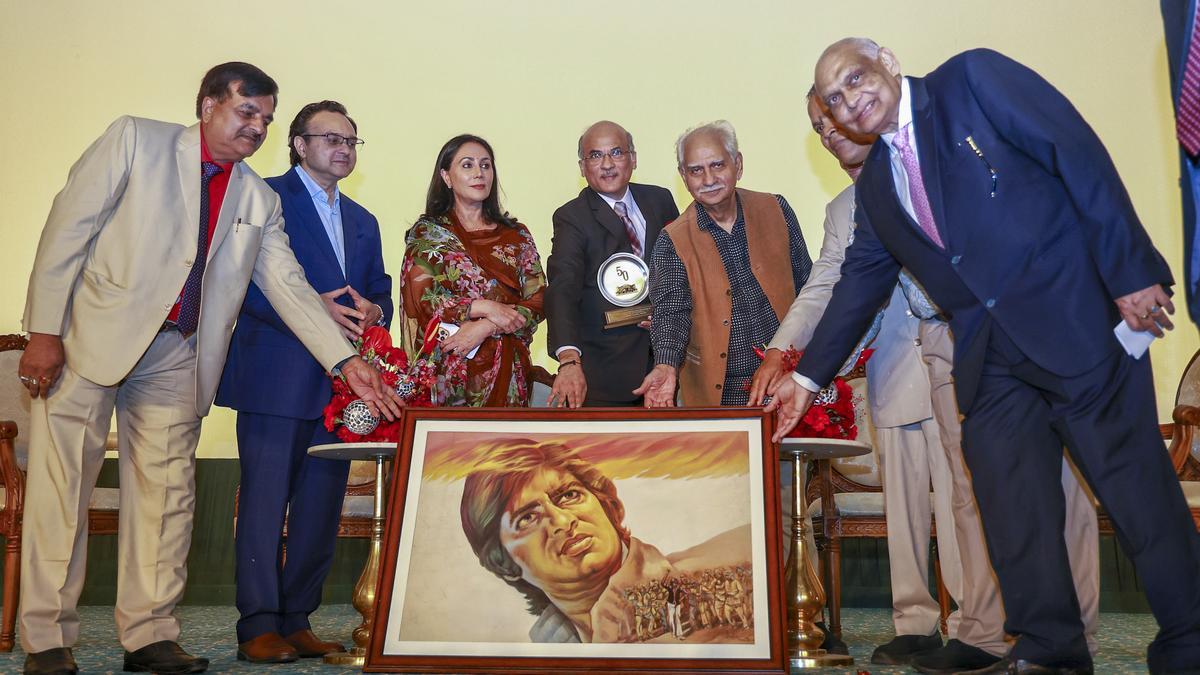
Actor Ranbir Kapoor has stepped into the spotlight, not just for his role in the recent box office hit ‘Animal’, but also for his perspective on the discourse it sparked regarding toxic masculinity. In an event hosted by comedian Anubhav Singh Bassi, Kapoor was joined by co-stars Anil Kapoor and Bobby Deol to engage with the film, its portrayal of its characters, and the wider implications on society.
The film ‘Animal’, which took the theatres by storm last year and was rolled out for streaming on Netflix on January 26, 2024, has been at the center of heated discussions about the portrayal of gender roles and male behavior. Directed by Sandeep Reddy Vanga, the film presents a dark narrative that places Ranbir Kapoor at the heart of a story riddled with violence and the quest for revenge.
During their promotional conversation, Bassi pointed out a peculiar interest amongst the audience towards the characters’ darker traits in ‘Animal’. Ranbir Kapoor addressed this curiosity with a reflective observation. “There is a very healthy conversation that has started about toxic masculinity also. Which is a great thing because cinema, at least, it starts a conversation,” he expressed.
Kapoor further elaborated on the importance of such portrayals in initiating dialogue within society. He stressed the necessity of empathy from actors towards these questionable characters that they bring to life on screen. However, he firmly imparted that it’s for the audience to recognize and question what they perceive to be wrong. “These characters that we are portraying… it’s important that we as actors have empathy for them because we need to play them. But as an audience, you should decide that something is wrong,” Kapoor explained.
The actor, at 41 years old, holds a strong view on the essence of storytelling, especially when it comes to flawed characters. “If you don’t make a film on them, society will never improve itself,” Ranbir pointed out, implying that exposing societal issues such as toxic masculinity through cinema is a step towards betterment.
Despite facing backlash for seemingly glorifying misogyny and toxic male behavior, Ranbir Kapoor upheld that the characters in the film ‘got what they deserved’, aligning with the moral undertones that questionable actions lead to inevitable consequences.
‘Animal’ dives into the turbulent journey of Ranvijay Singh, portrayed by Kapoor, who navigates a brutal world after his father is attacked. His descent into a violent lifestyle, however, does not go unpunished. The film has seen immense success, notwithstanding the critical scrutiny similar to that faced by Vanga’s previous works, ‘Kabir Singh’ (2019) and ‘Arjun Reddy’ (2017).
The film’s cast and crew have faced their fair share of criticism for what some claim is a romanticization of negative male conduct. However, Ranbir Kapoor’s recent comments suggest an awareness of the impact the film has beyond its entertainment value, acknowledging the conversations it incites within Indian society about male toxicity.
Discussing the larger-than-life success of the film and the controversysurrounding its thematic elements, Kapoor notes the unique platform that cinema provides in influencing societal attitudes and provoking thought. It is through these narrative explorations and audience engagements that often uncomfortable yet necessary discussions on topics like toxic masculinity occur, a conversation that Ranbir Kapoor appears to welcome and deem essential for social progress.
In a cinematic landscape where the line between art and impact is often blurred, Kapoor’s engagement with the audience signals an evolving perspective on the power of film as a medium for reflecting and perhaps reforming real-life social issues. Whether ‘Animal’ will serve as a catalyst for such change remains to be seen. However, its success and the debates it has sparked are indicative of a society increasingly critical of its on-screen representations and the realities they mirror.










